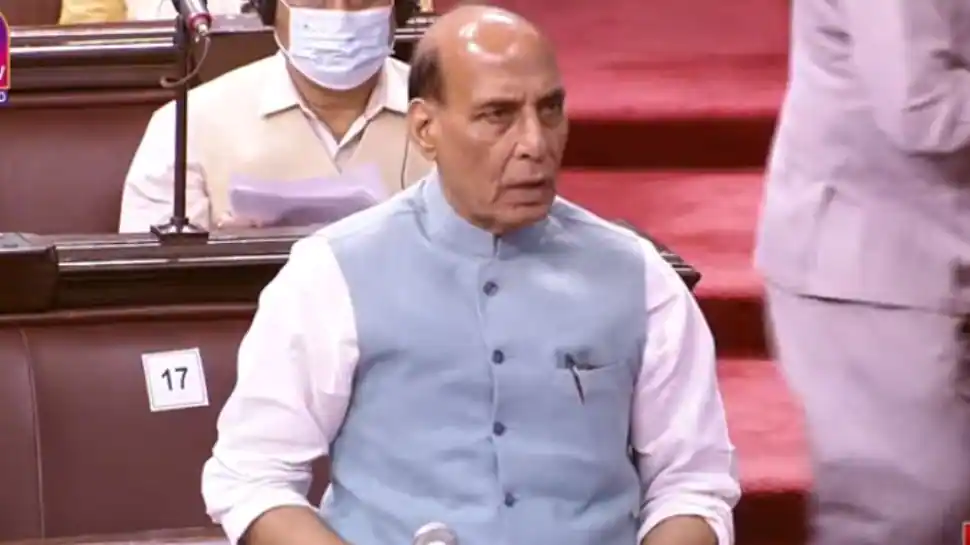A federal judge has denied an attempt by conservative social network Parler to force Amazon to host it on AWS. As expected by most who read Parler’s ramshackle legal arguments, the court found nothing in the lawsuit that could justify intervention, only “faint and factually inaccurate speculation.”
In the order, filed in the Western Washington U.S. District Court, Judge Barbara Rothstein explained how little Parler actually brought to the table to support its allegations that Amazon and Twitter were engaged in antitrust collusion and that AWS had broken its contract.
On the question of antitrust, Parler fell far short of demonstrating anything at all, let alone collusion in breach of the Sherman Act.
The evidence it has submitted in support of the claim is both dwindlingly slight, and disputed by AWS. Importantly, Parler has submitted no evidence that AWS and Twitter acted together intentionally — or even at all — in restraint of trade.
… Indeed, Parler has failed to do more than raise the specter of preferential treatment of Twitter by AWS.
Amazon had explained in its filing that not only does AWS not even host Twitter yet, though there are plans to do so, but that there are strict rules in place to prevent discussing one client with another. This was more than enough to dispute Parler’s flimsy claim, Rothstein noted.
On breach of contract, Parler had in the course of its argument essentially admitted to breach of contract on its end, but said that Amazon had broken its side of the bargain by not giving it 30 days to fix the problem as stipulated in the customer service agreement (CSA) at Section 7.2(b)(i). Turns out that doesn’t even matter:
Parler fails to acknowledge, let alone dispute, that Section 7.2(b)(ii) — the provision immediately following — authorizes AWS to terminate the Agreement “immediately upon notice” and without providing any opportunity to cure …
So the 30-day agreement was never in play if Amazon didn’t want it to be; one imagines that the clause is for less immediately concerning causes for action. Contract breach argument denied.
Parler’s allegation that Amazon was “motivated by political animus” likewise holds no water, according to the judge.
Parler has failed to allege basic facts that would support several elements of this claim. Most fatally, as discussed above, it has failed to raise more than the scantest speculation that AWS’s actions were taken for an improper purpose or by improper means … To the contrary, the evidence at this point suggests that AWS’s termination of the CSA was in response to Parler’s material breach.
The company also made the argument that it would suffer “irreparable harm” if AWS services were not restored, and in fact Rothstein had no reason to doubt Parler’s claims that it may face “extinction” as a result of these circumstances. Except that “Parler’s claims to irreparable harm are substantially diminished by its admission ‘that much of that harm would be compensable by damages.’”
In other words, money would fix it — which means it isn’t exactly irreparable.
On other legalities and technicalities, Rothstein finds that Parler makes no case or that Amazon’s case is much stronger — for instance, that being forced to host violent and hateful content would damage AWS’s reputation, perhaps even irreparably.
As is important to note in cases like this, the judge is not ruling on the merits of the whole case, only on the arguments and evidence presented in the request for an injunction to restore services while the case proceeds.
“To be clear, the Court is not dismissing Parler’s substantive underlying claims at this time” — which is to say that it is not dismissing the substance of the claims, nor asserting that they have substance. But Parler “has fallen far short” of demonstrating what it needs to in order to justify a legal intervention of that type.
The case will proceed to its next date, if indeed Parler has not faced the “extinction” it warned of by then.
Rothstein Order on Parler i… by TechCrunch















